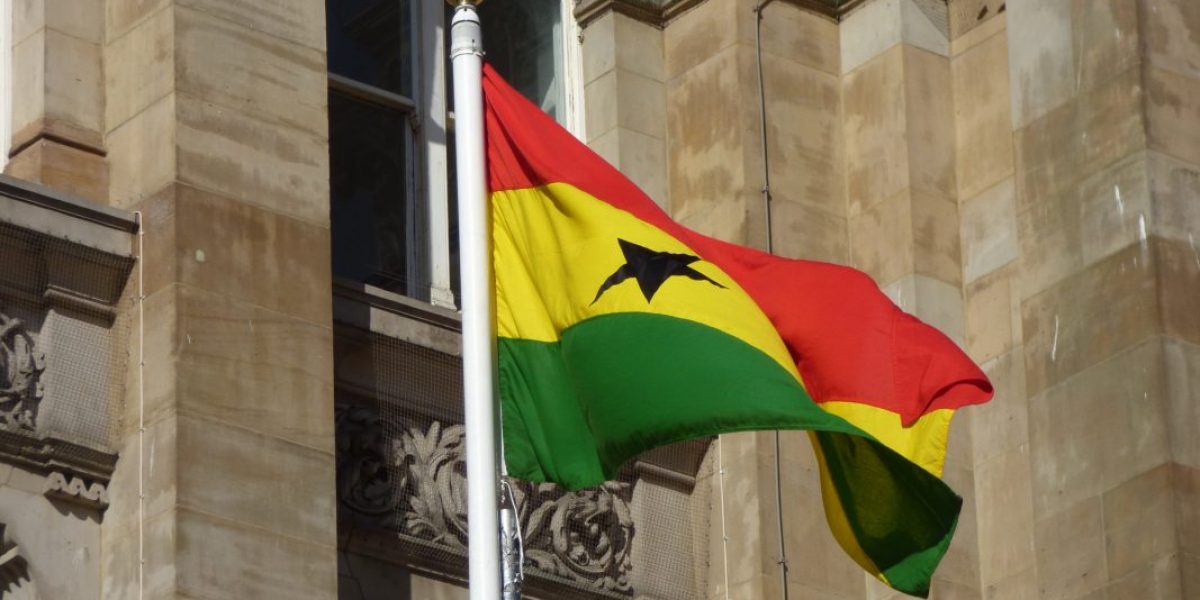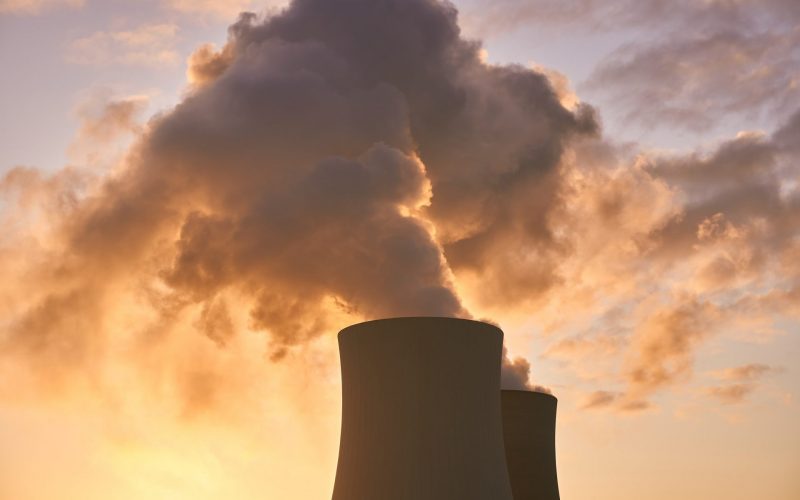But Ghana’s robust economic growth over the past four years under President John Kufuor’s leadership is the government’s trump card.
For investors, this will mean a continuation of business-friendly policies.
When he assumed office in 2000, Kufuor inherited a range of fiscal and social problems following decades of misrule and economic stagnation.
The absence of tight fiscal management policies and the fall in prices of Ghana’s chief exports — gold and cocoa — contributed to a fiscal deficit of 23% of the country’s gross domestic product at the time. Rising external debt, soaring inflation and a depreciating exchange rate led to negative growth.
Kufuor initiated a series of liberal economic policies that resulted in a tremendous improvement in Ghana’s macroeconomic profile.
These included the removal of fuel subsidies, lifting of import restrictions to stimulate foreign direct investment, introduction of a free-floating exchange rate and privatisation of several state-owned enterprises.
Moreover, the government introduced many incentives to attract foreign direct investment into Ghana.
These included tax holidays ranging from three to 10 years depending on the sector of investment, tax rebates for manufacturing in certain locations, guaranteed transfer of dividends on investments, complete foreign ownership, and the establishment of government-designated tax-free zones across the country outside the major cities.
The country achieved economic growth of 4,8% last year, up from 3,7% in 2000; increased its gross domestic product to $8,3bn from $7,8bn in 2000; improved and expanded its infrastructure and social services; reduced interest rates; and achieved a reasonably stable currency.
Prudent management of its economy won Ghana many plaudits from the International Monetary Fund and the World Bank.
Ghana qualified for debt relief amounting to $3,5bn under the heavily indebted poor countries initiative. It also recorded strong growth in foreign investment from $65,37m in 2002 to $88,6m in 2003.
South African investors in particular have also responded favourably.
According to statistics provided by the Ghana Investment Promotion Centre, altogether 35 South African multinational and small-scale companies were registered in Ghana between 1994 and last year. That entailed a capital injection estimated at more than $36m from SA. By March this year SA was Ghana’s 14th largest foreign direct investor.
However, SA truly made the headlines in April, when AngloGold signed a merger deal with Ghanaian Ashanti Goldfields valued at $1,4bn. South African investment in the Ghanaian mining sector accounted for more than 60% of the total foreign direct investment into the sector.
Some of the other main South African companies investing in Ghana include Gold Fields, SABMiller, Woolworths, Engen, Hytec Engineering, Afripa Telecom, African Explosive, Multichoice, Alliance Media, Steeledale, Stanbic Bank, Shoprite Checkers, Sherwood, Steers, SAA and 3M South Africa.
Trade between SA and Ghana has also grown tremendously. Last year South African exports to Ghana jumped to R1,61bn, up from R979m the previous year. In the same year South African imports from Ghana stood at R52m.
The government’s efforts to reconstruct the Ghanaian political economy and improve living standards constitute the ruling party’s electoral platform for re-election this December.
If re-elected, Kufuor has promised that he will continue with the reforms that he has initiated during his first term. However, the main opposition party, the National Democratic Congress (NDC), led by Dr John Atta Mills and founded by former president Jerry Rawlings, believes that the government is not doing enough to eliminate poverty at a grassroots level.
Kufuor is also accused of not putting the economy into the hands of Ghanaians, but rather relying on foreign assistance and multilateral institutions to take charge.
However, the NDC has failed to articulate properly its own economic policy agenda.
The party still operates under the shadow of Rawlings, who dominated Ghanaian politics for almost two decades. Mills, a former British-educated law professor at the University of Ghana, is accused of not being decisive or clear enough about his political objectives.
These shortcomings seem to have resonated among the broader populace. Informal surveys conducted by the Ghanaian
National Commission for Civic Education have given Kufuor an edge over his opponent in this year’s elections.
His re-election would certainly signify a continuation of the investment-friendly policies of the government — which could further bolster business and economic relations between SA and Ghana.






